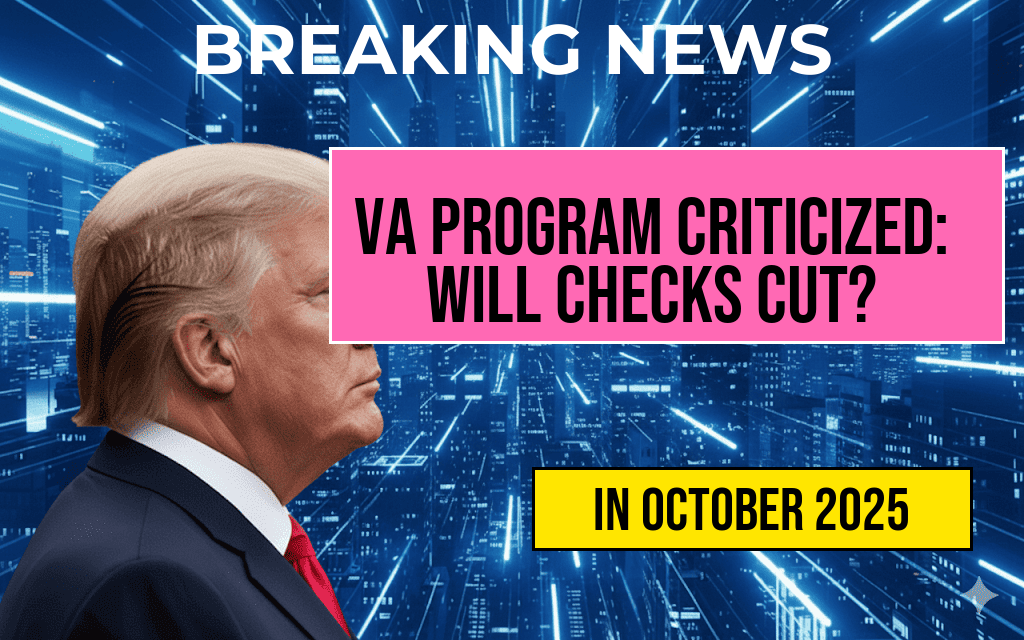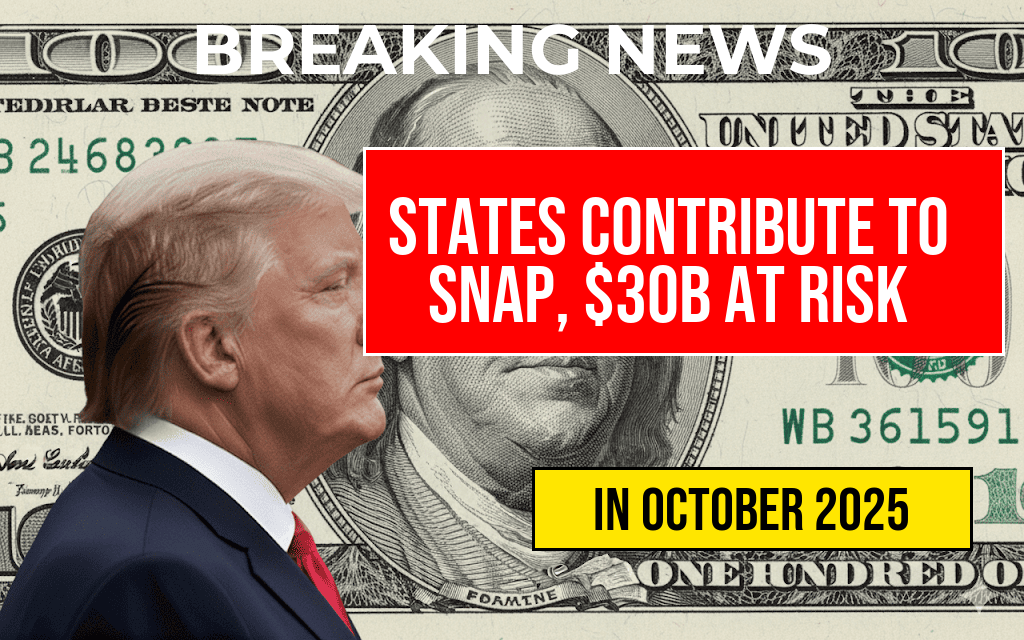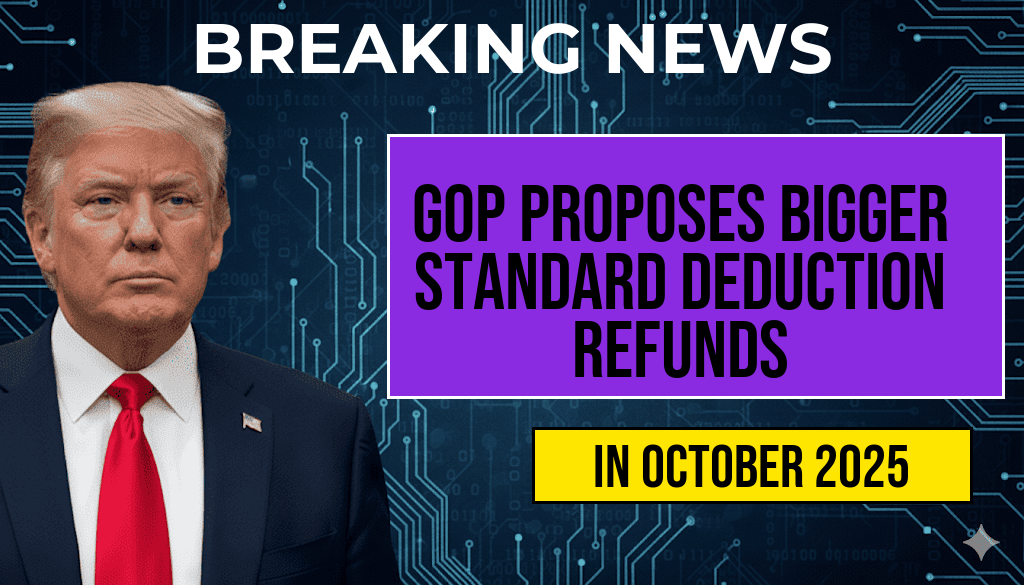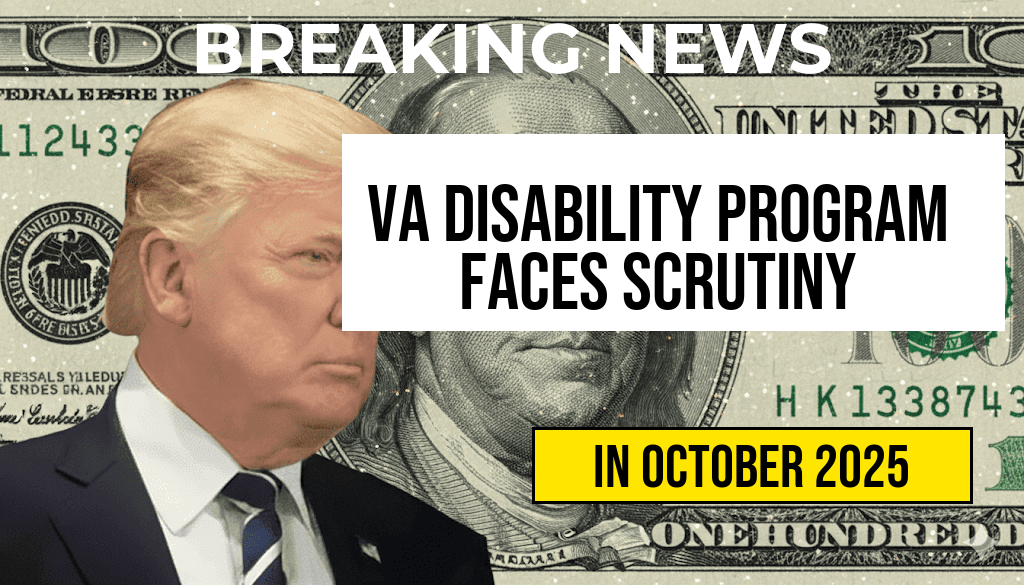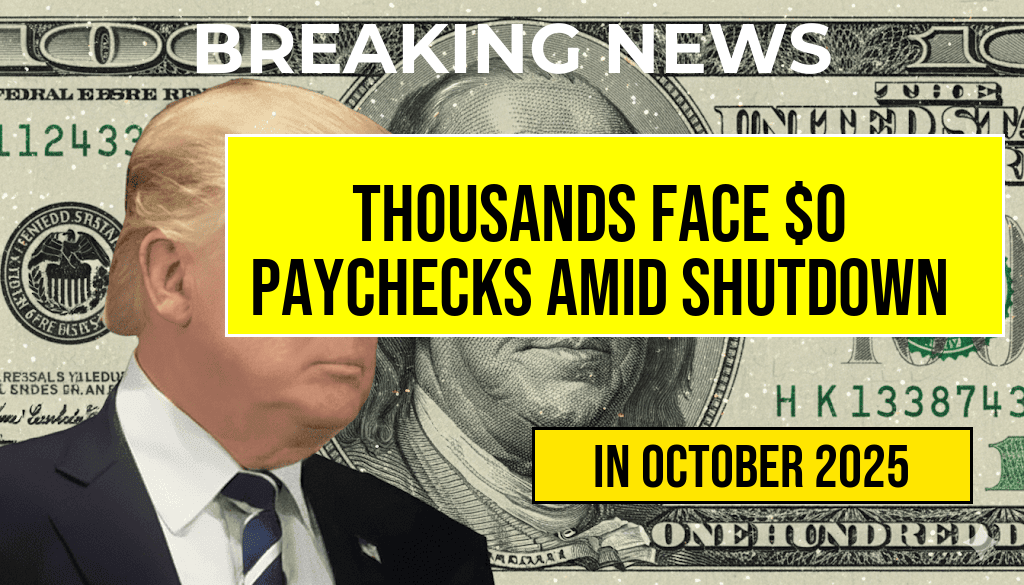The U.S. Department of Veterans Affairs (VA) is under increasing scrutiny as its $193 billion program, designed to provide essential benefits to veterans, faces mounting criticism. Recent reports indicate that proposed changes could significantly impact monthly benefits for thousands of veterans, potentially cutting hundreds of dollars from their checks. Concerns are rising among veterans’ advocacy groups and lawmakers about whether these adjustments will undermine the financial stability of those who have served the nation. As the VA seeks to streamline its operations and address budgetary constraints, the implications for veterans and their families could be profound.
Understanding the VA’s $193 Billion Program
The VA’s extensive budget primarily supports a range of services including health care, disability compensation, housing assistance, and education benefits. Established to ensure that veterans receive the support they need, this program has been crucial for millions of former service members. However, with rising costs and increasing demand for services, the VA is revisiting its funding strategies.
Proposed Changes and Their Impact
Recent proposals suggest that the VA may implement new regulations aimed at reducing expenditures. While officials argue that these changes are necessary for fiscal responsibility, many veterans worry about the direct impact on their monthly benefits. Key changes under discussion include:
- Streamlining Benefits: Reducing the number of eligible services to focus on core areas.
- Adjusting Eligibility Criteria: Tightening the requirements for certain benefits, potentially excluding some veterans.
- Benefit Formula Revisions: Changing how benefits are calculated, which may lead to lower monthly payments.
Advocacy Groups Respond
Veterans’ advocacy groups have expressed serious concerns regarding these proposed changes. Organizations such as the Veterans of Foreign Wars (VFW) and the American Legion are actively lobbying against the modifications, arguing that they could disproportionately affect low-income veterans and those with disabilities. They emphasize that any reduction in benefits could lead to increased financial strain, particularly for veterans relying on these checks for their everyday needs.
Legislative Oversight
Lawmakers are now stepping in to evaluate the implications of these proposed changes. Several congressional committees have scheduled hearings to discuss the potential fallout, with many representatives calling on VA officials to clarify how these adjustments align with the agency’s mission to serve veterans. The hearings aim to shed light on whether the proposed measures are genuinely necessary or if they reflect a mismanagement of funds.
Financial Stability for Veterans
For many veterans, the monthly checks they receive play a vital role in their financial stability. A reduction in benefits could push some into precarious financial situations. According to a Forbes article, nearly 4.7 million veterans received disability compensation in 2021, reflecting a significant reliance on these funds.
| Benefit Type | Number of Recipients | Average Monthly Payment |
|---|---|---|
| Disability Compensation | 4.7 million | $1,500 |
| Pension Benefits | 1 million | $1,200 |
| Education Benefits | 1.3 million | $1,000 |
The potential changes to the VA’s program raise fundamental questions about the government’s commitment to veterans. As the situation develops, both veterans and their advocates will be closely monitoring the VA’s actions and the outcomes of ongoing legislative discussions.
What Lies Ahead for the VA and Veterans
The future of the VA’s sizable budget and the benefits it provides is uncertain. While officials stress the need for fiscal responsibility, veterans and advocates are urging for solutions that do not compromise the well-being of those who have served. With a growing chorus of voices demanding transparency and accountability, the coming months will be critical in shaping the relationship between the VA and the veterans it serves.
Frequently Asked Questions
What is the main issue with the VA’s $193 billion program?
The VA’s $193 billion program is currently under scrutiny due to concerns about its financial management and potential misallocation of funds, which may lead to significant changes in how benefits are distributed.
How might new rules affect monthly checks for veterans?
Proposed new rules could potentially reduce monthly checks for veterans, leading to fears that many might see their benefits cut significantly as the VA seeks to address ongoing financial challenges.
What are the reasons behind the criticism of the VA program?
The criticism stems from allegations of inefficiency, lack of transparency, and concerns over how benefits are calculated, prompting calls for reform to ensure that veterans receive the support they deserve.
Who will be impacted by the potential changes in the VA program?
Changes in the VA program could impact millions of veterans, particularly those who rely heavily on monthly benefits for their livelihood, creating anxiety about their financial stability.
What steps are being taken to address the concerns about the VA program?
In response to the scrutiny, the VA is exploring policy reforms and adjustments to ensure that funds are managed more effectively and that veterans continue to receive adequate support without unnecessary cuts.





